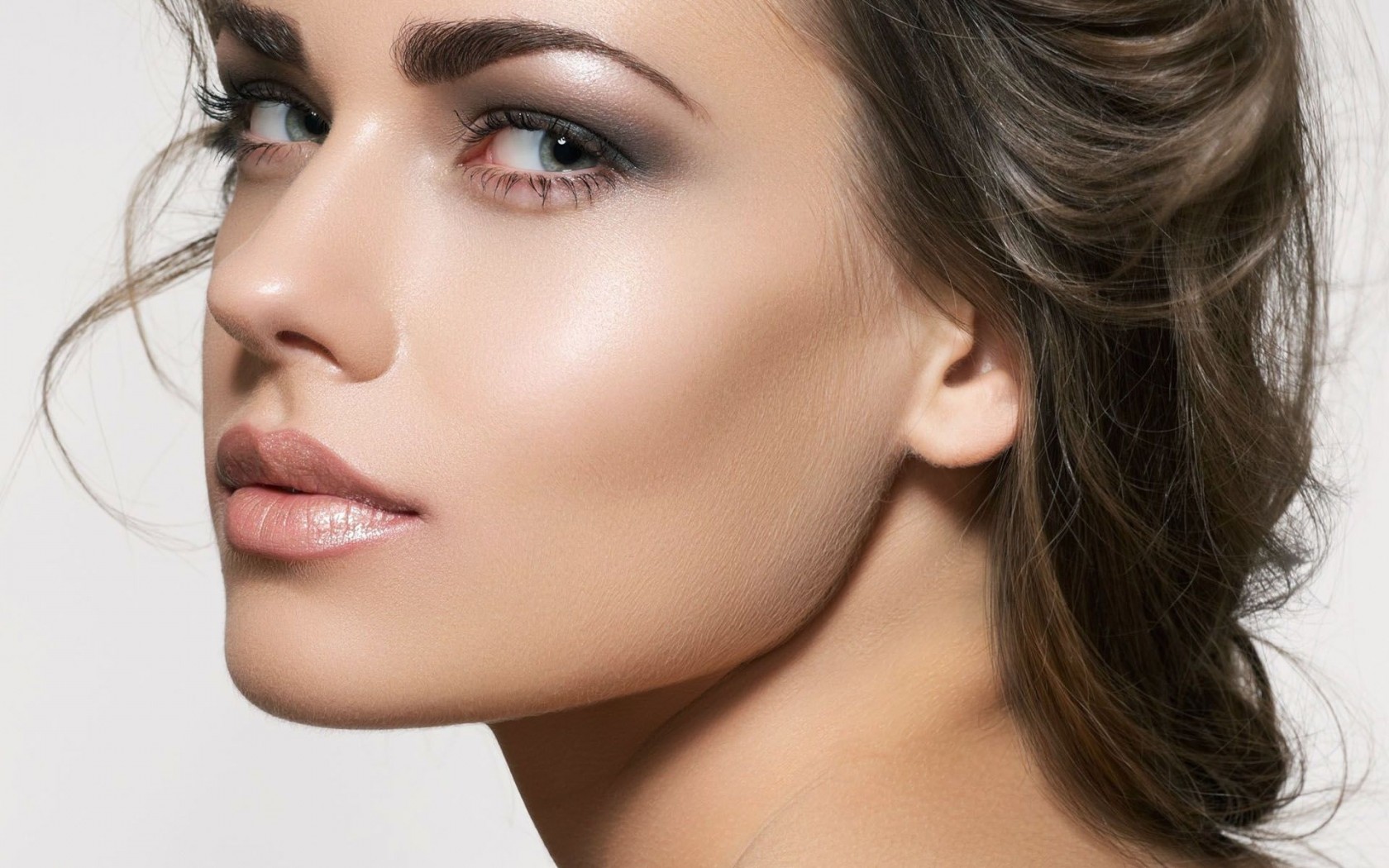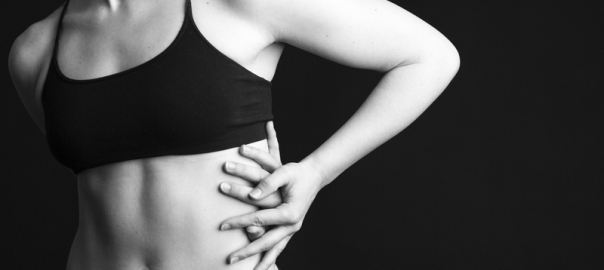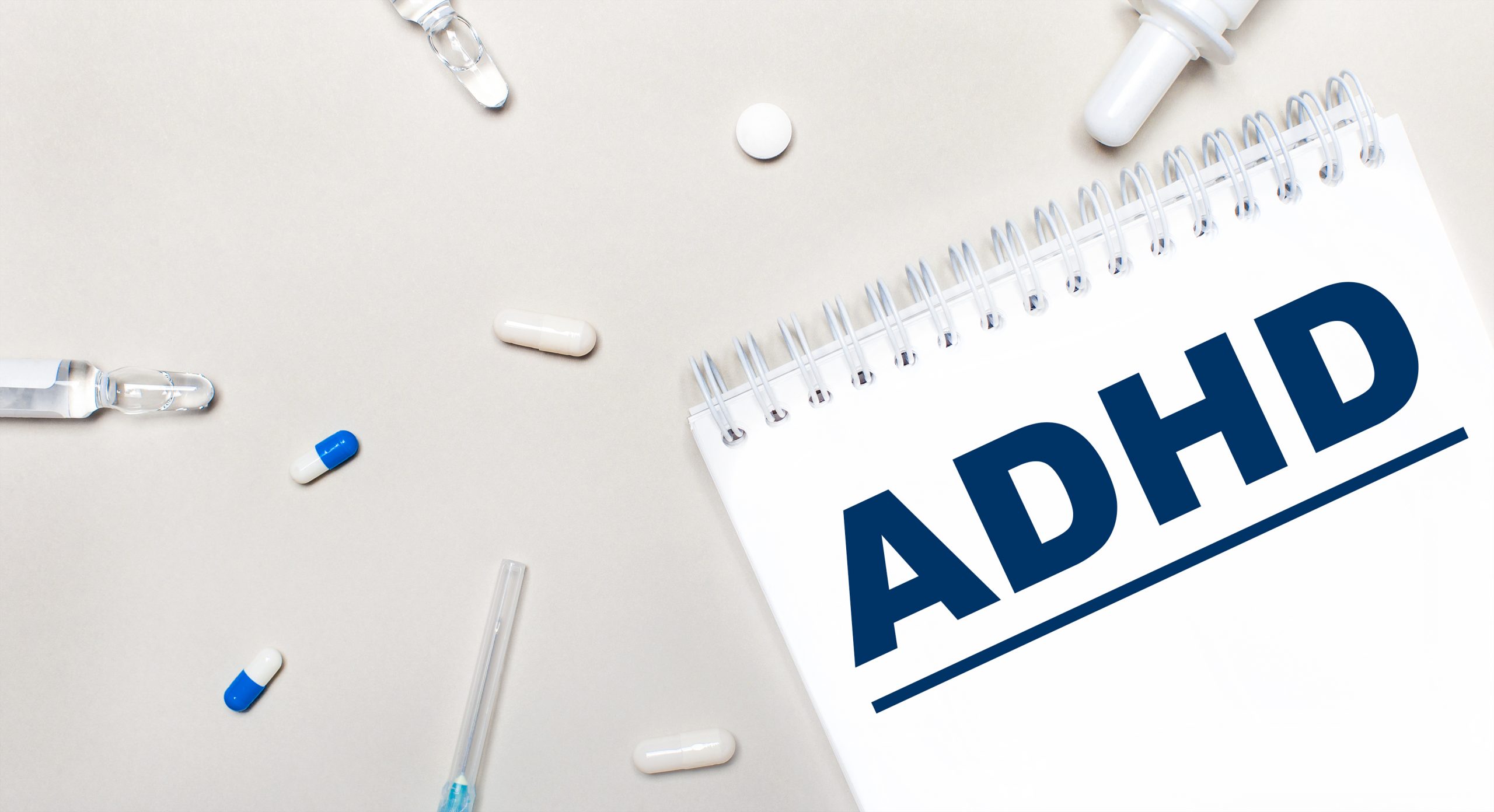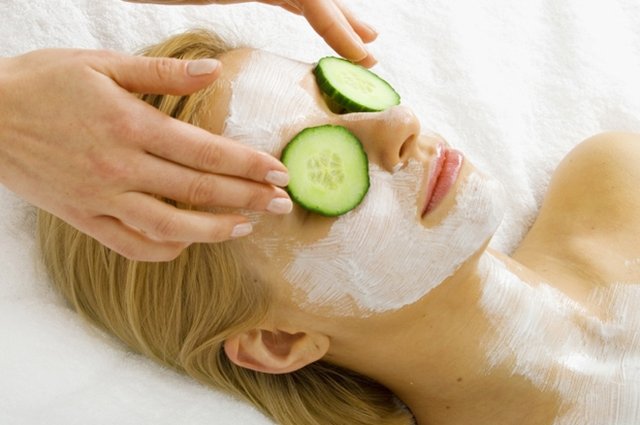It can be difficult to deal with oily hair. Often it seems that extra washing just contributes to the problem. What causes oily hair, and how can you deal with it effectively? In this article, we will discuss some successful strategies for effectively dealing with oily hair.
If your hair is persistently oily, it may be that you have overactive sebaceous glands. These are the glands responsible for secreting sebum (natural oil) on the scalp and skin. This is very necessary to hold moisture into the skin, protect the skin from environmental damage and provide nourishment for the hair to prevent dryness and breakage. When the sebaceous glands are overactive, your hair can become heavy and matted with an oily, unattractive sheen.
There are a number of reasons why your sebaceous glands may be overactive. Some factors are completely within your control. Among them are diet, anxiety, stress and/or the use of inappropriate hair products or poor hair care techniques. On the other hand, your oily scalp may be a hereditary condition. If others in your family also experience this problem, genetics may be to blame. Even if this is the case, there are steps you can take to reduce the oiliness of your hair.
Begin by choosing the right products for your hair. Avoid using shampoos designed for children or babies as these shampoos are not usually effective against oiliness. Look for gentle, natural products intended for oily hair and scalp. Be sure to follow directions closely by using the right amount of the product and leaving it on the hair the prescribed amount of time. Generally speaking, you should wash and rinse quickly with warm (not hot) water. Massage your scalp gently. Excessive massage can stimulate oil production. Apply conditioner sparingly to the hair. Avoid applying conditioner to your scalp.
Avoid heat on your scalp as this may stimulate the production of oil. Wash and rinse with warm water. Following up with a cold or cool water rinse will help close the hair follicles, close your pores and tone your scalp to reduce oil production. It is best to allow your hair to air dry naturally, but if you use a blow dryer, curling iron or other heating appliance, avoid getting too much heat on the scalp. Use the low setting and limit the amount of time you use the appliance. Generally speaking, you should not hold a heating appliance in one area of your hair for more than fifteen seconds.
Do not wash your hair too often. Frequent washing can encourage oil production as your scalp scrambles to keep up with your washing schedule. Try washing no more than twice a week. It may take a while, but eventually the oil production of your scalp should diminish. If your hair looks oily between washings, try sprinkling it with corn starch. Let the corn starch sit on the hair for about five minutes then brush it out. You will be amazed at how oil free and clean your hair looks.
By choosing the correct products and using them properly, you can combat oily scalp. This is true even if your problem is caused by genetics. Follow the tips presented here to reduce oiliness in your hair and scalp.







